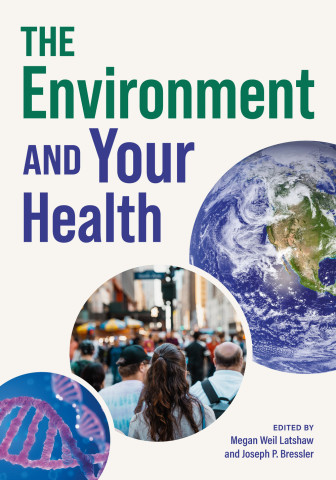
Reviews
A deeply impressive work, one that will surely make an important contribution to the study of global AIDS activism, as well as to our understanding of the political dimensions of the HIV epidemic and of global health more broadly. Politics in the Corridor of Dying provides a deep analysis of some of the most important political processes that have shaped the social response to AIDS around the world; it does an excellent job of laying out a succinct argument and backing it up with documentary evidence. I simply don't know of anything that is as up-to-date or that has as broad a global scope.
An extraordinary compilation of evidence for the AIDS activist movement and how it has changed the rules not only in the power houses of science and pharmaceuticals but throughout the world in governance bodies and local communities to force authorities to recognize that AIDS care and prevention are human rights issues.
Book Details
List of Tables and Figures
Acknowledgments
Abbreviations
1. Introduction
2. Against Science and the Stigmatization of the "At-Risk" Body
3. Against Pharma and the Intellectual Propertization of Life
4
List of Tables and Figures
Acknowledgments
Abbreviations
1. Introduction
2. Against Science and the Stigmatization of the "At-Risk" Body
3. Against Pharma and the Intellectual Propertization of Life
4. Against Governance and the Oligopolization of Power
5. Against Community and the Expertization of Activism
6. Conclusion
Appendix
Notes
References
Index






